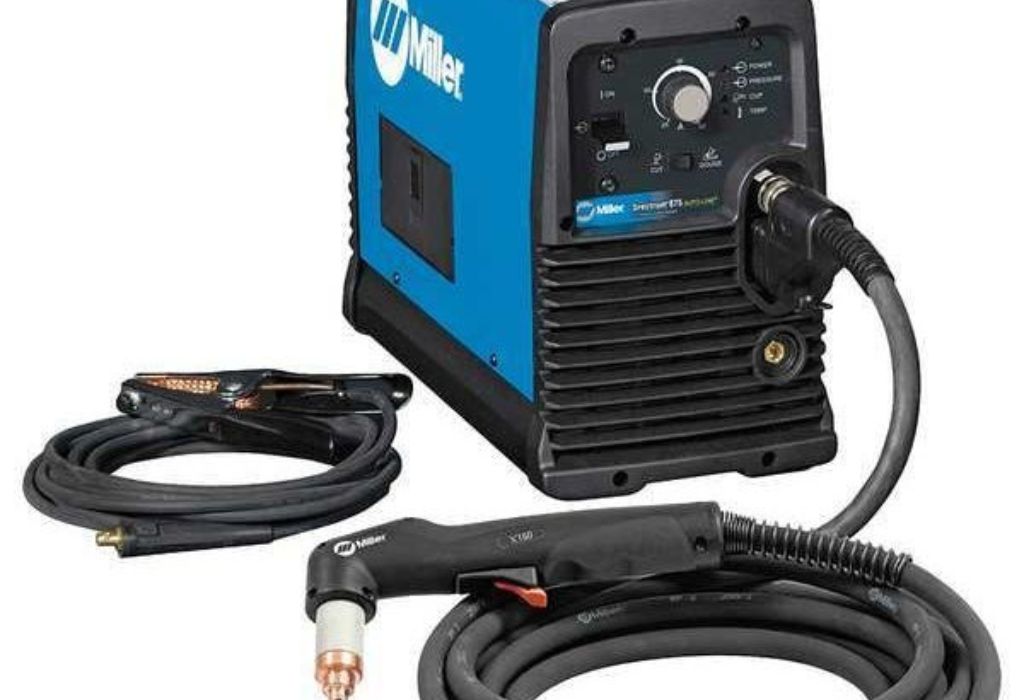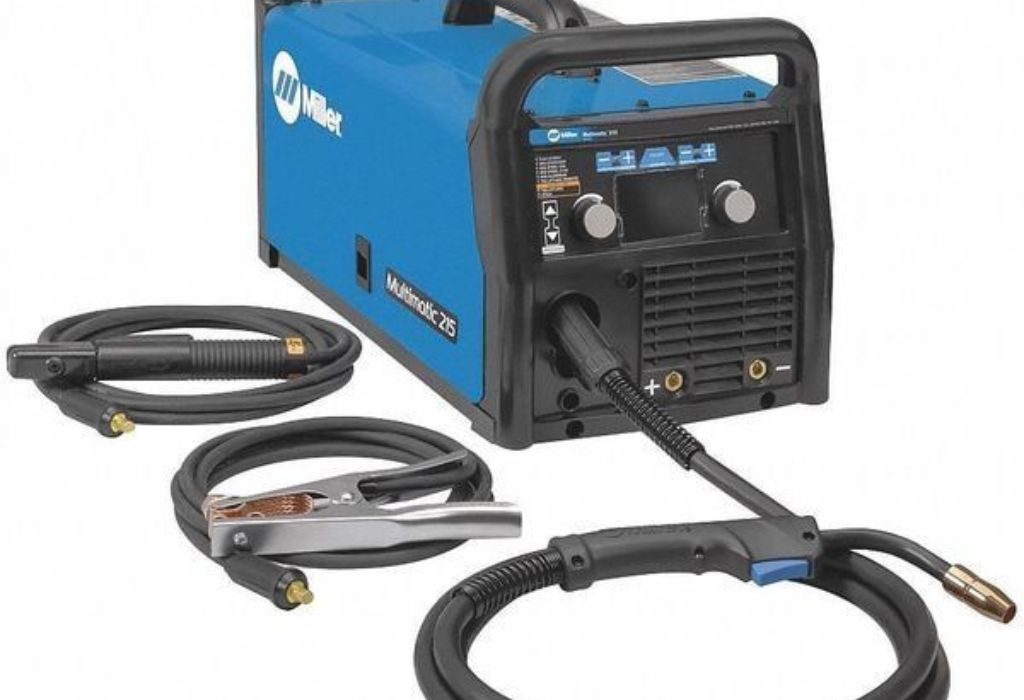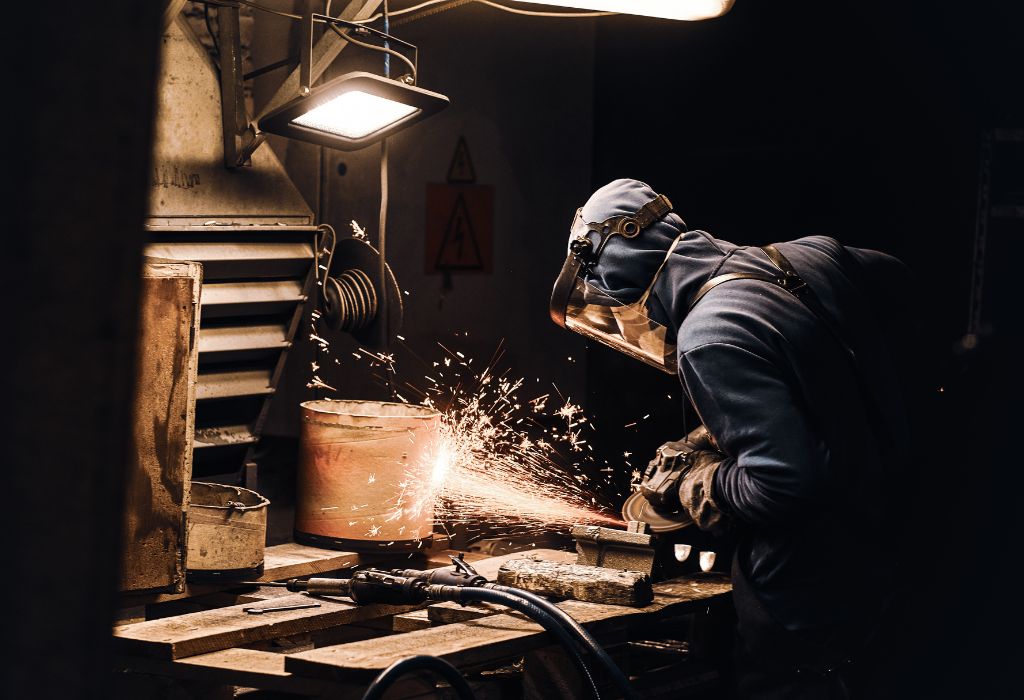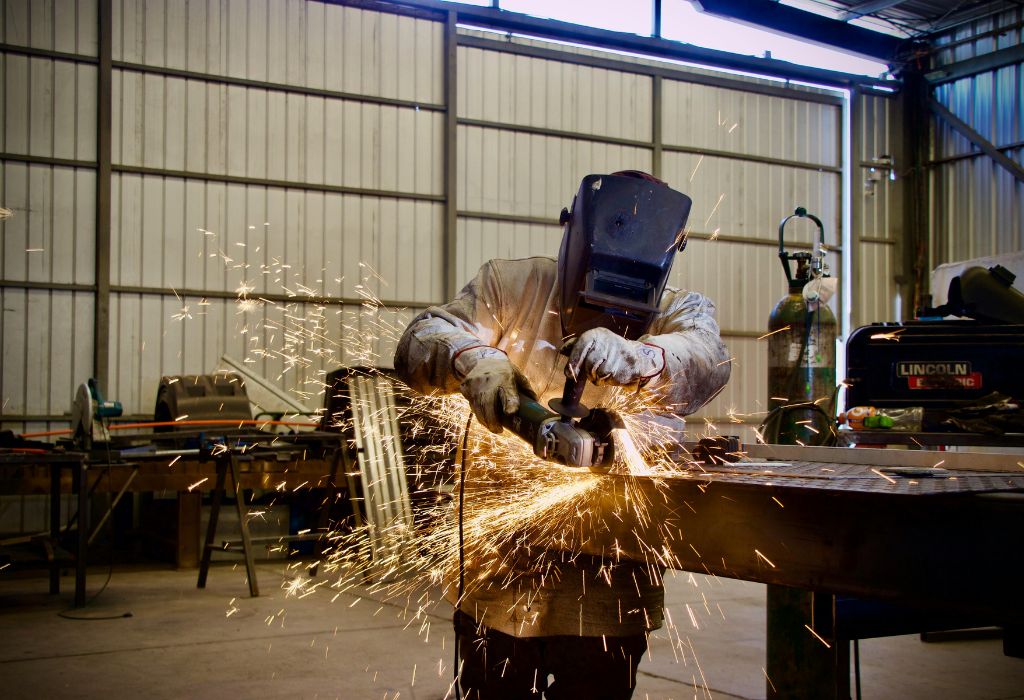Imagine being in the middle of a crucial welding project when your machine suddenly fails. The frustration of downtime, missed deadlines, and costly repairs can derail even the most carefully planned work.
Welding machines are essential tools for metal fabrication, construction, automotive repair, and industrial applications. Yet many users are unaware of how long a welding machine typically lasts, or what factors determine its longevity.
Curiously, the lifespan of a welding machine varies widely depending on type, quality, usage, and maintenance practices. For example, hobby MIG welders may last 5–10 years, while industrial-grade machines can operate reliably for 10–20 years under proper care (Lincoln Electric).
Understanding the real lifespan of your welding equipment allows for better planning, maintenance, and budgeting. By identifying key factors such as duty cycle, environment, and maintenance practices, operators can maximize performance and avoid unexpected failures.
This article explores the expected lifespan of various welding machines, the factors that influence durability, and actionable maintenance tips to extend operational life. It also addresses common signs of wear, troubleshooting, and strategies for ensuring your welding equipment remains reliable over time.
Understanding Welding Machines

Welding machines come in several types, each designed for specific applications. Common types include MIG welders, TIG welders, stick welders, flux-cored welders, and inverter machines. Each type has unique construction, duty cycles, and operational characteristics that affect lifespan.
What types of welding machines exist?
MIG, TIG, Stick, flux-cored, and inverter welders are the most common types used across industries and hobbies.
How does each type impact lifespan?
Industrial-grade machines are designed for heavy usage, while hobby machines are intended for intermittent operation, affecting longevity.
What is a duty cycle and why does it matter?
The duty cycle specifies how long a machine can operate at rated output before needing to cool, directly influencing lifespan.
Do industrial machines last longer than home-use machines?
Yes, due to higher quality components, better cooling, and more robust construction.
How does usage frequency affect lifespan?
Machines used continuously at high output experience faster wear than those used occasionally for light-duty projects.
Average Lifespan of Welding Machines
The expected lifespan varies depending on machine type, brand, and usage patterns. Understanding typical ranges helps plan for maintenance and replacement.
How long does a MIG welder last?
Generally, 5–15 years, depending on usage and maintenance.
What is the lifespan of a TIG welder?
TIG welders can last 10–20 years, especially industrial models with proper care.
How long do stick welders typically last?
Stick welders often last 10–15 years in workshop settings.
Do inverter welding machines last longer?
Yes, inverter welders are more efficient and have fewer components that wear, extending lifespan.
How does manufacturer quality affect durability?
Higher-quality brands typically use better components, ensuring longer operational life and fewer failures.
- Statistic suggestion: Inverter machines last 20–30% longer than traditional transformer welders (WeldingTipsAndTricks.com).
Factors That Affect Welding Machine Lifespan
Several factors influence how long a welding machine will last, including internal and external conditions.
Does maintenance affect longevity?
Regular cleaning, inspection, and lubrication significantly extend lifespan.
How does duty cycle impact lifespan?
Exceeding the recommended duty cycle causes overheating and accelerates component wear.
Do environmental factors matter?
Yes, exposure to dust, moisture, or extreme temperatures can damage electronics and mechanical parts.
Does voltage fluctuation damage machines?
Frequent voltage spikes or drops can degrade electronics and reduce efficiency.
How does frequency and intensity of use affect life?
Machines used continuously at high current output wear faster than those used intermittently at low power.
Signs Your Welding Machine Is Aging
Recognizing early signs of wear helps prevent unexpected failures.
What signs indicate a MIG welder is aging?
Inconsistent arcs, overheating, and irregular wire feed are common indicators.
How to tell if a TIG welder needs service?
Difficulty maintaining stable arcs, error codes, or overheating signals maintenance needs.
What are common electrical problems in old machines?
Flickering displays, erratic output, and tripped breakers often indicate component wear.
Does overheating indicate end-of-life?
Repeated overheating may signal that internal components are failing.
When should you consider replacement over repair?
If repairs become frequent, expensive, or the machine cannot maintain rated performance, replacement is advisable.
Maintenance Tips to Maximize Lifespan
Proper maintenance is key to prolonging welding machine life.
How often should a welding machine be inspected?
Monthly or before major projects for hobby machines; weekly for industrial use.
What routine cleaning is necessary?
Clean dust and debris from vents, fans, and connectors regularly.
Should internal components be lubricated?
Yes, moving parts like wire feeders and gears benefit from occasional lubrication.
How to store a welding machine properly?
Keep in a dry, temperature-controlled environment to prevent corrosion and moisture damage.
Does calibration extend lifespan?
Yes, ensuring output remains within specifications reduces stress on components.
Comparing Industrial vs. Hobby Welding Machines
Industrial machines are built for heavy, continuous use, whereas hobby machines are designed for intermittent light-duty work.
Do industrial welders last longer than hobby machines?
Yes, their robust construction and cooling systems increase durability.
What features improve durability in industrial machines?
Better cooling, higher-quality electronics, and stronger mechanical components.
Are hobby machines designed for occasional use?
Yes, light-duty use minimizes wear and tear.
Does brand matter for longevity?
Premium brands often provide better components and longer warranties.
Is the cost of repair vs. replacement a consideration?
Yes, frequent repairs may justify investing in a higher-quality machine.
Common Mistakes That Reduce Lifespan

Avoiding operator errors helps extend machine life.
Can exceeding duty cycle shorten machine life?
Yes, prolonged operation beyond the rated duty cycle causes overheating.
Do improper consumables affect longevity?
Using incorrect wires, rods, or electrodes can damage internal components.
Does ignoring overheating warnings cause damage?
Yes, repeated overheating shortens electronics and transformer life.
Can rough handling shorten lifespan?
Dropping or jarring the machine can damage sensitive components.
Is regular inspection necessary to avoid failures?
Yes, catching small issues early prevents costly repairs and downtime.
Frequently Asked Questions (Q&A)
How long can a well-maintained MIG welder last?
5–15 years depending on usage and care.
Do TIG welders last longer than MIG?
Typically yes, TIG machines often last 10–20 years.
What is the lifespan of an inverter welder?
Inverter welders generally last longer due to efficient electronics and fewer mechanical parts.
Can maintenance extend a machine’s life by years?
Yes, proper cleaning, lubrication, and calibration can significantly increase operational life.
When should you replace rather than repair a welder?
When frequent repairs are needed or the machine can no longer perform at rated output.
Conclusion
The lifespan of a welding machine depends on type, quality, usage, and maintenance. Industrial machines typically outlast hobby machines, and inverter welders generally last longer than transformer-based models. By adhering to duty cycles, performing regular maintenance, and using proper consumables, operators can maximize reliability and longevity. Monitoring performance, recognizing early signs of wear, and planning for timely replacement ensures uninterrupted welding work and cost-effective operations.

I’m Darrell Julian, the founder, lead writer, and hands-on welding enthusiast behind ArcWeldingPro.com. With more than 15 years of real-world welding experience, I created this platform to share what I’ve learned in the field, in the shop, and in the heat of the arc.


